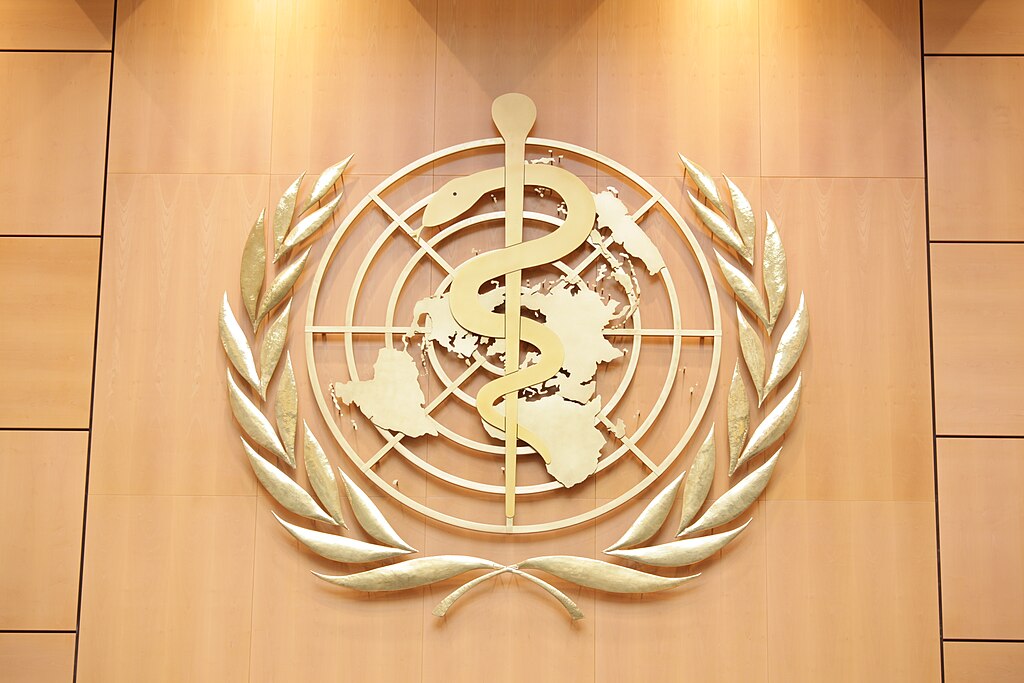Buenos Aires, Argentina — President Javier Milei shocked the opposition on February 5 by announcing that Argentina will depart the World Well being Group (WHO), citing criticism over the dealing with of the COVID-19 pandemic within the nation.
The choice comes after President Donald Trump’s transfer to withdraw america from the group, displaying extra alignment between Milei and Trump on worldwide coverage.
Days later, it stays unclear whether or not Argentina will efficiently exit the WHO, how it might achieve this, or what penalties the choice may need for the nation.
“President Milei instructed International Minister Gerardo Werthein to withdraw Argentina’s participation within the World Well being Group,” presidential spokesman Manuel Adorni introduced in a press convention on the Casa Rosada on Wednesday. “We Argentines is not going to enable a global group to intrude with our sovereignty, not to mention our well being,” he added.
The choice to depart the WHO echoes debates over the dealing with of the COVID-19 pandemic throughout Alberto Fernández’s presidency, which noticed nationwide lockdowns imposed for prolonged durations in 2020 and 2021.
The measures have been criticized by then-opposition leaders as “the longest quarantine on the planet” and sparked protests demanding an finish to restrictions. Vaccine acquisition and distribution have been additionally controversial, with allegations of favoritism towards family members that led to the elimination of then-Well being Minister Ginés González García.
Certainly, members of Milei’s cupboard cited lockdowns as a significant component within the choice to depart the WHO. “This is identical group that requested every nation to surrender its sovereignty in a pandemic settlement — one thing President Javier Milei clearly didn’t settle for,” Well being Minister Mario Lugones tweeted final Wednesday.
“We rejected it as a result of, amongst different issues, the WHO would have gained the authority to impose lockdowns on a rustic’s inhabitants. It promoted extended quarantines and has lengthy been a part of a healthcare system that collapsed attributable to poor political choices. The WHO didn’t shield Argentines; it solely bolstered a failed bureaucratic mannequin,” he added.
The choice drew widespread criticism from well being officers and consultants throughout the nation.
“The WHO is the primary instrument now we have. After all, it’s not excellent; it confronted coordination challenges throughout the pandemic, however we have to strengthen the buildings that assist us coordinate,” Buenos Aires metropolis Well being Minister Fernán Quirós mentioned on El Observador Radio. “Germs don’t respect borders, ideologies, or sorts of nations,” he added.
Milei’s transfer “removes Argentina from a spot that helps us, gives technical cooperation, and retains us up to date to face international well being challenges. It’s principally well being flat-earthism, based mostly on some pseudo-scientific concept influenced by social media and lies about what occurred throughout the pandemic,” Buenos Aires provincial Well being Minister Nicolás Kreplak advised El Destape.
“They are saying it’s about sovereignty, nevertheless it’s simply parroting what america does. I don’t know in the event that they’re looking for help from the IMF or if they really consider it, nevertheless it has nothing to do with actuality,” Kreplak mentioned.
Learn extra: Donald Trump and Javier Milei love each other, but will Argentina love Trumponomics?
Javier Milei is reportedly contemplating accusing WHO Director-Basic Tedros Adhanom Ghebreyesus within the Worldwide Prison Court docket (ICC) of alleged crimes towards humanity within the dealing with of COVID-19. The thought circulated unofficially amongst journalists at the Casa Rosada, the workplaces of the presidency, and seemed to be supported by a retweet by the president on X. Nevertheless, there was no official announcement on the matter, and it stays unclear whether or not the initiative has any backing—if it exists in any respect.
Leaving WHO: an extended path for Argentina
Regardless of the federal government’s enthusiasm for the initiative, exiting the World Well being Group is not going to be so simple as Milei would possibly hope. Argentina has been a member of the group since its founding in July 1948. To go away, revoking Law 13.211 might be required, an unlikely state of affairs within the opposition-controlled Congress.
If the choice strikes ahead, there may be debate over how Argentina would cowl the advantages it presently receives from the WHO after “saving” the $10 million it pays yearly for membership. Entry to vaccines — whereas the federal government is proposing to chop its finances on this space — is a key challenge, in addition to worldwide cooperation in response to potential threats.
Well being Minister Lugones tried to dispel issues, arguing that Argentina is not going to depart the Pan American Well being Group (PAHO). “Leaving the WHO doesn’t imply dropping cooperation or funding. Agreements with PAHO stay in impact, the vaccination schedule is secured, and we proceed to have entry to epidemiological data and lower-cost provides,” Lugones said on X.
“A concrete instance of that is the latest settlement between Pfizer and Sinergium Biotech for the manufacturing of the 20-valent pneumococcal vaccine in Argentina, in addition to the settlement between Pfizer and PAHO to distribute it throughout the area by means of the PAHO Revolving Fund,” he added.
It stays to be decided whether or not Argentina can stay a member of PAHO after leaving the WHO, which Lugones didn’t make clear. “The nationwide authorities is placing an finish to a long time of poor well being administration. Sovereignty just isn’t up for negotiation,” he concluded.
